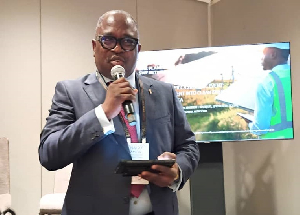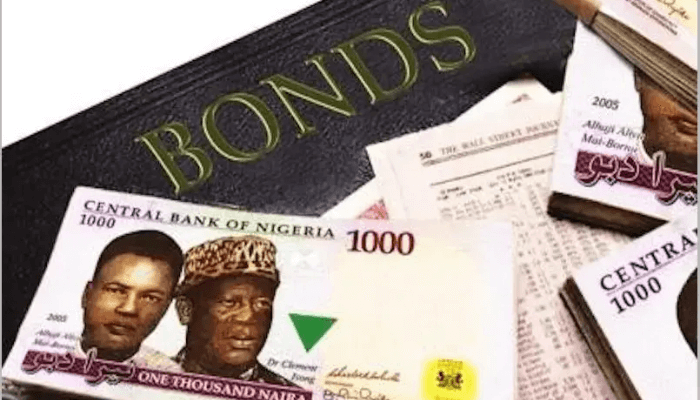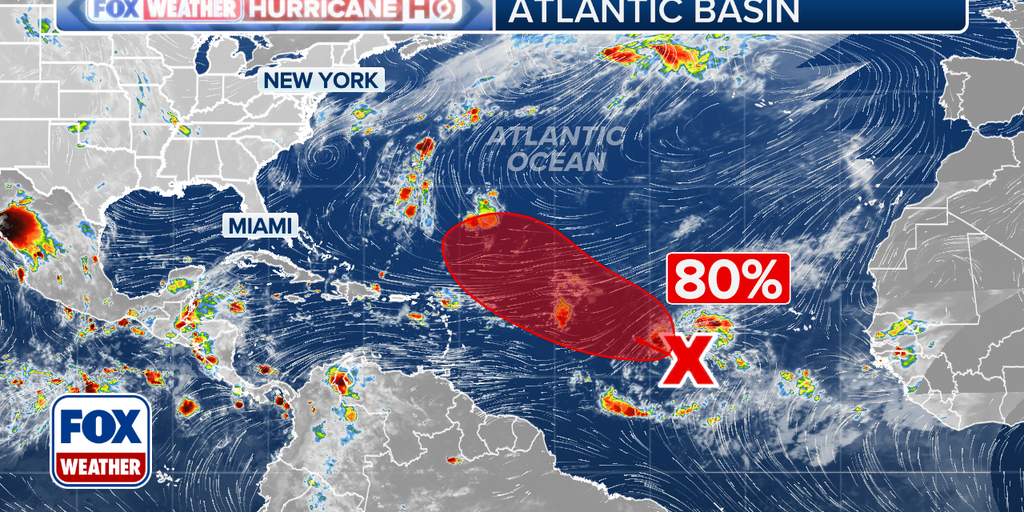By Ghana News
Copyright ghanamma

Speaking at the ClimateWorks Foundation & One Planet Sovereign Wealth Fund (OPSWF) Network High-Level Roundtable during the Unstoppable Africa 2025 conference, Ghana’s Minister of State for Climate Change and Sustainability, Seidu Issifu, delivered a powerful call for accelerated clean energy investment across the African continent.
The event, themed “Driving Investment into Clean Energy Projects in Africa,” convened global investors, development financiers, and policymakers at the Marriott Marquis in New York to address one of Africa’s most pressing challenges: mobilizing capital at scale for the energy transition.
“Africa is blessed with abundant solar, wind, hydro, and geothermal resources. But unlocking this potential requires more than goodwill — it requires capital, policy coherence, and bold partnerships,” he said.
Ghana’s Blueprint for Clean Energy Growth
Seidu Issifu highlighted the steps Ghana has taken to create a robust enabling environment for clean energy investment:
• Institutional Architecture: The establishment of the Office of the Minister of State for Climate Change and Sustainability — the highest political signal of Ghana’s commitment to climate action — ensures whole-of-government coordination and accountability for climate and energy policy.
• Climate Change and Sustainability Hub: Currently in development, the Hub will serve as Ghana’s centre of excellence for climate finance mobilisation, policy innovation, and research. It will also provide investors with critical data, risk assessments, and a pipeline of bankable projects.
• Regulatory and Policy Reforms: Ghana is streamlining permitting processes for renewable energy projects, expanding feed-in tariffs and net metering regulations, and updating the Renewable Energy Master Plan in line with the country’s 24-Hour Economy and green industrialisation agenda.
• Investment Incentives: In collaboration with the Ministry of Finance and the Ghana Investment Promotion Centre, the government is introducing green tax incentives, duty exemptions, and blended finance facilities to attract private capital.
• Public–Private Partnerships: Ghana is working with development finance institutions, sovereign wealth funds, and private developers to roll out utility-scale solar projects, battery storage, and rural mini-grids, ensuring that clean energy benefits reach every community.
A Call for Scaled-Up Capital
Minister Issifu urged global investors and sovereign wealth funds to match Africa’s policy reforms with bold, patient capital.
“We must bridge ambition and capital,” he said. “De-risking projects, lowering the cost of finance, and creating investment-grade environments are key to unlocking the trillions needed for Africa’s clean energy future.”
He called for:
• Expanded blended finance facilities to mitigate currency, policy, and credit risks.
• Technical assistance to strengthen project preparation and pipeline development.
• Support for local manufacturing of solar panels, batteries, and green hydrogen components to build African value chains and create green jobs.
Clean Energy as Africa’s Growth Engine
In closing, Seidu Issifu reminded participants that the clean energy transition is not only a climate imperative but a generational opportunity:
“Africa’s clean energy transition is our pathway to industrial transformation, job creation, and economic competitiveness. Ghana is ready with the policies, the vision, and the institutional frameworks. Now is the time to match this enabling environment with bold, patient capital that can turn plans into power — literally.”



